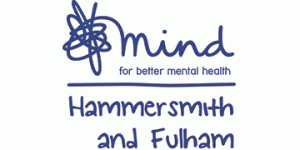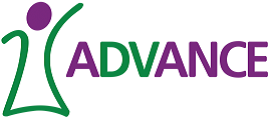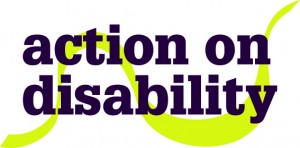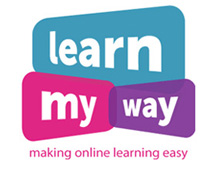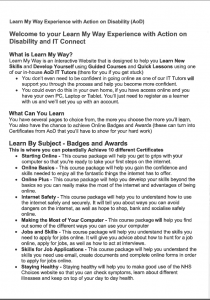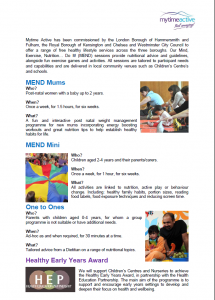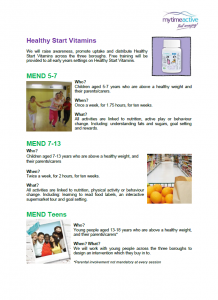Hammersmith & Fulham Mind (HFM) is an independent mental health provider working with people living in the boroughs of Hammersmith & Fulham and beyond for over 25 years.
We are now in a position to recruit a social prescription lead for Hammersmith and Fulham Mind. This new role is on the cutting edge of mental health and involves working closely with local GPs to develop and deliver a social prescription service over a 15 month pilot period. We need someone that can provide top quality work with individuals, but is also inspired by a vision for social prescription which could see it play a huge role in primary healthcare in the future. If you are excited by the idea of setting up, developing and delivering something that could be a cornerstone of future service provision then apply without delay. We are looking to start this project up as soon as possible and certainly before the end of 2015!!!
HFM offer competitive benefits to employees, including 25 days’ annual leave pro rata (rising to 30) and flexible working.
HFM is an equal opportunities employer and encourages applications from all sections of the community. We particularly encourage applications from individuals who have experience of using mental health services as well as people from BMER backgrounds.
Please click on links below for application form and job description
Application Form
Job description

